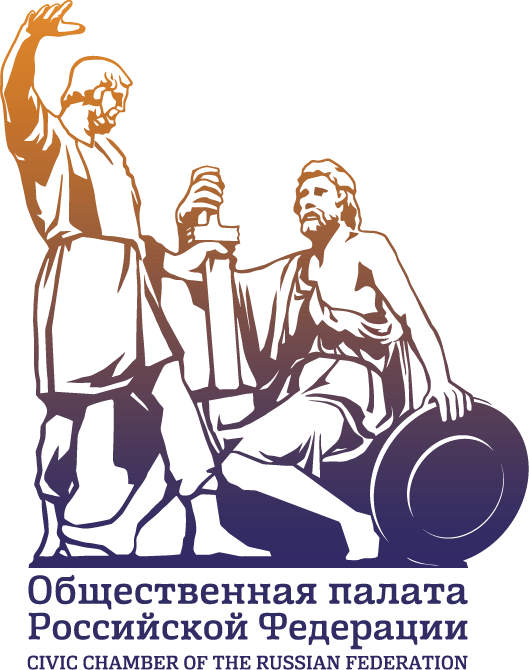Introduction

Civil society is the aggregate of caring and active citizens engaged in the shaping of their common future. No country can develop without a civil society. Even less so a country of Russia’s scale and complexity that spans so many diverse regions.
Civil society is not granted “from above”, one cannot just make a sketch and then follow this blueprint. Civic institutions evolve gradually driven by people’s demands, interests, opinions, and their vision of issues and solutions. Civil society institutions are among the most important actors promoting Russia’s national security, national interests and strategic priorities.
The rising role of the third sector in the economy, social and political life is a global trend. Russia is no exception, with the significance of civil society in our country permanently on the rise. Yet, civil society is on a constant move, and its “design” now is very different from what it was twelve months ago. These transformations are non-linear and controversial. Despite higher civic engagement and a significant rise in the number of people involved in various non-government initiatives, volunteering, and charity, the number of non-profit organisations has gone down, and the overall trust in the society towards NPOs is still poor.

In 2017, Russian society acutely reacted to clashes in the country’s cultural life. Issues in the public utilities, social welfare, ecology, and law enforcement remained in the limelight, while anti-corruption efforts were also under public scrutiny.
Recent opinion surveys reveal higher social demand for fairness. No one thinks that hard-earned wealth is unjust. Yet, the inconceivably lustre lives of government officials and their families are an extremely painful issue. Citizens resent such stratification in every sphere, from medicine to justice, they counter privileges allowing some to bypass common rules and override applicable norms. The mission of civil society is viewed as dismantling such injustice since the unfair inequality has become a drag for the country’s development.
Civil society is all about justice, as follows from the multiple materials underlying the 2017 Civil Society Report. These encompass published results of research and surveys by various research centres, government statistics, publications in the national media, opinions expressed by leaders of public associations and members of the Civic Chamber of the Russian Federation, reports and proposals by civic chambers in Russian regions, as well as tens of thousands of citizens’ appeals to the Civic Chamber of the Russian Federation.

In 2017, the Report highlights the development of civic engagement and non-profit organisations, key practices in philanthropy and volunteering. Special focus is placed on the institutions supporting government-civil society interfaces, such as public chambers and community boards, as well as public control institutions.
The Report preparation involved a series of in-depth interviews with the Russian Civic Chamber members. The information requests were sent to regional chambers, and the most substantive responses came from the civic chambers of Amur, Vologda, Kemerovo, Leningrad, Lipetsk, Magadan, Penza, Samara, Sakhalin, Tambov, Tula, Tyumen Regions, Republics of Komi, Tatarstan, Kabardino-Balkaria, and of the Primorye Territory and Yamalo-Nenetsk Autonomous District.
The Report is also based on non-Russian materials, including the ones gathered by the delegation of the Civic Chamber of the Russian Federation during its visit to Brussels. For the first time in three years, the Russian civil society representatives met with members of the European Economic and Social Committee to discuss the evolution of the third sector and cooperation prospects.
The Civic Chamber’s Civil Society Report is a collective reflection on processes in various segments and institutions of the civil society within the country’s relevant agenda. This Report is not merely an attempt to analyse and summarize what has happened and has been done this year, it is also an attempt to look ahead into the future, probe it for next steps, and understand what our civil society should be like to ensure Russia’s sustainable development.

